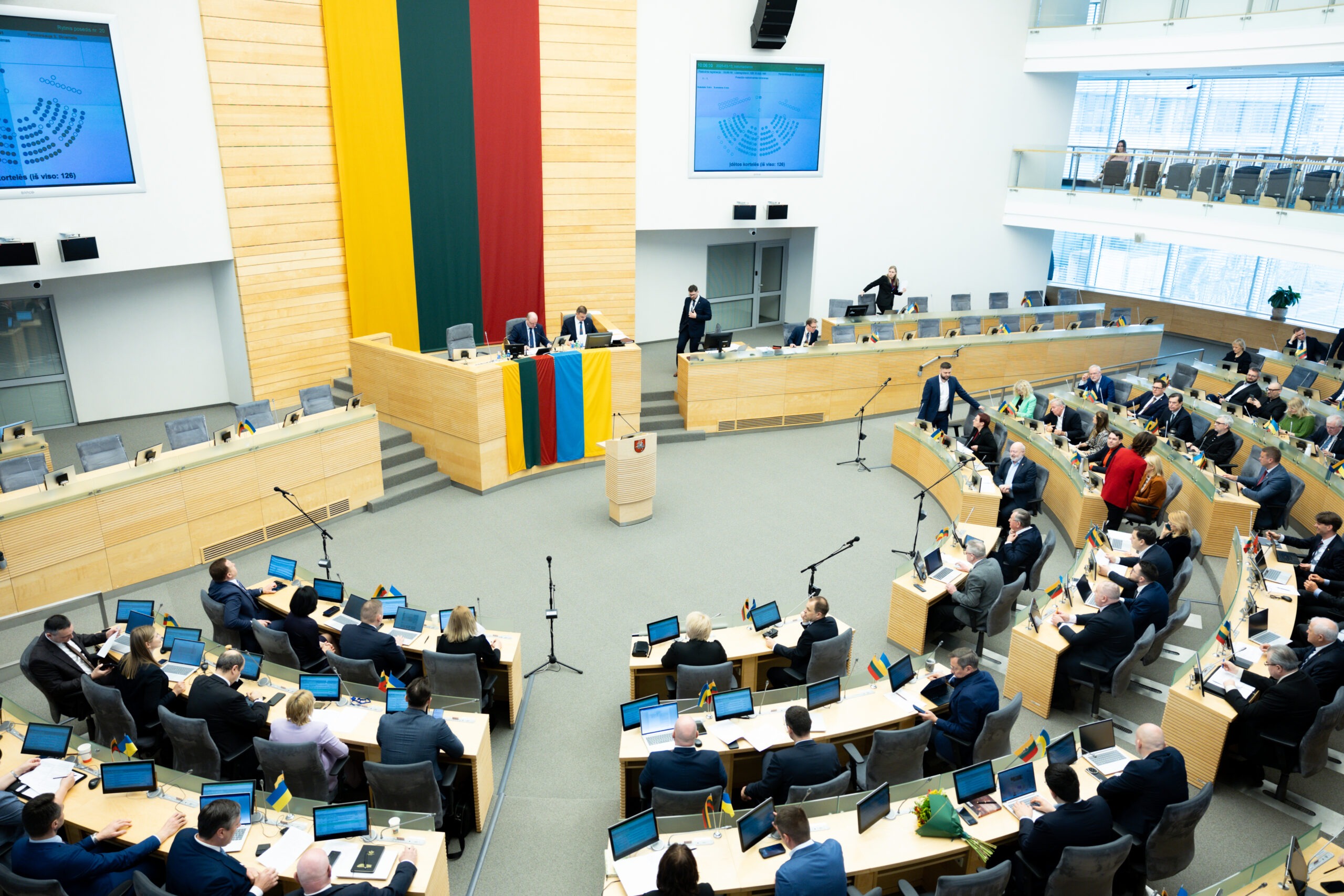Report
Latvia Weekly: Ethnic Persecution Claims and Conspiratorial Rhetoric
The Antifascists of Pribaltics and Roslikovs’ Telegram channels amplified narratives of ethnic persecution, moral decline, and Western control to portray Latvia as hostile to Russian speakers. Together, they deepen societal divisions and exploit legal and political tensions to fuel populist and pro-Kremlin sentiment.
Weekly Reports
Latvia Weekly: Propaganda Paints Latvia as Aggressor
Kremlin-aligned Telegram channels portrayed Latvia as an irrational aggressor and a powerless Western puppet lacking sovereignty at the same time. These narratives aim to delegitimize Latvia’s defense measures, undermine its international standing, and justify potential Russian aggression as defensive action against a perceived hostile neighbor.
Read moreEstonia Weekly: Propaganda Targets Censorship and Spending
Pro-Kremlin commentators accuse Estonia of censorship and violating freedom of speech after expelling a Russian nationalist Konstantin Gorlov from the country. Dissatisfaction with Estonia’s economic situation has led to online over a pay rise for public sector employees, including members of parliament and ministers.
Read moreLithuania Weekly: Pabradė Tragedy Sparks Anti-NATO Narratives
The tragic incident in Pabradė, where four U.S. soldiers went missing during a NATO exercise, captured both national and international attention. Kremlin-aligned media exploited the event to question NATO’s role in Lithuania, framing the tragedy as a consequence of foreign military presence and portraying the country as vulnerable and overly reliant on Western allies.
Read moreLatvia Weekly: How Kremlin Channels Paint Latvia as Collapsing
Kremlin-aligned Telegram channels persistently characterize Latvia as a failed state, portraying it as backwards and rural while spreading conspiracy theories about NATO biological laboratories and pension theft. These narratives aim to undermine Latvia’s sovereignty and Western integration.
Read moreEstonia Weekly: Allegations of Discrimination Against Russians
The Estonian parliament’s recent constitutional amendment excluding third-country nationals and stateless persons from voting has sparked controversy among pro-Kremlin commentators, who argue that it discriminates against and marginalises long-term residents, including Russian and Belarusian citizens. Pro-Kremlin commentators have criticised Estonia’s law on churches and congregations, claiming it is part of a “Russophobic policy” aimed at persecuting Russian Orthodox believers.
Read moreLithuania Weekly: Potential Emergence of the Fifth Column
Over the past week, Kremlin-aligned media in Lithuania have zeroed in on political debates over the potential emergence of a “fifth column” in Parliament. Sparked by comments from MP Saulius Skvernelis and echoed by President Gitanas Nausėda, the warnings were dismissed by others as exaggerated. Kremlin-linked outlets used these internal disagreements to frame Lithuania as politically unstable and vulnerable to division.
Read moreLatvia Weekly: Kremlin-Aligned Channels Amplify Anti-Russian Narratives
Kremlin-aligned Telegram channels are systematically portraying Latvia as hostile towards its Russian-speaking population, amplifying inflammatory statements by public figures to create a narrative of increasing tension and potential conflict. These posts strategically cherry-pick incidents and statements to stoke division, presenting them as evidence of systematic discrimination and positioning the Russian-speaking population as victims of an aggressive, anti-Russian society.
Read moreEstonia Weekly: Speculations on National Defence Issues
Estonia’s renewed coalition plans to increase defence spending to 5% of GDP by 2026, sparking social media criticism of socio-economic conditions, potential taxes, state loans, and pension freezes. The Estonian President claimed over 50% of ethnic Russian residents are ready to defend Estonia against military threats, despite pro-Kremlin narratives being reacted to aggressively.
Read moreLatvia Weekly: Kremlin-Backed Disinformation Portrays Latvia as Aggressor
A narrative gaining significant traction in the Kremlin-aligned Telegram channel “Anti-fascists of Pribaltics” portrays Latvia as irrationally aggressive and fundamentally opposed to peace. This channel systematically ridicules Latvian officials, misrepresents NATO exercises as offensive preparations to delegitimize Baltic sovereignty and dismiss legitimate security concerns as paranoid and unfounded.
Read moreShowing 37 to 45 of 270 results
Don’t miss a story.
We publish stories that change laws, lives, minds and the world. Subscribe to our newsletter to get our investigations delivered to your inbox.








